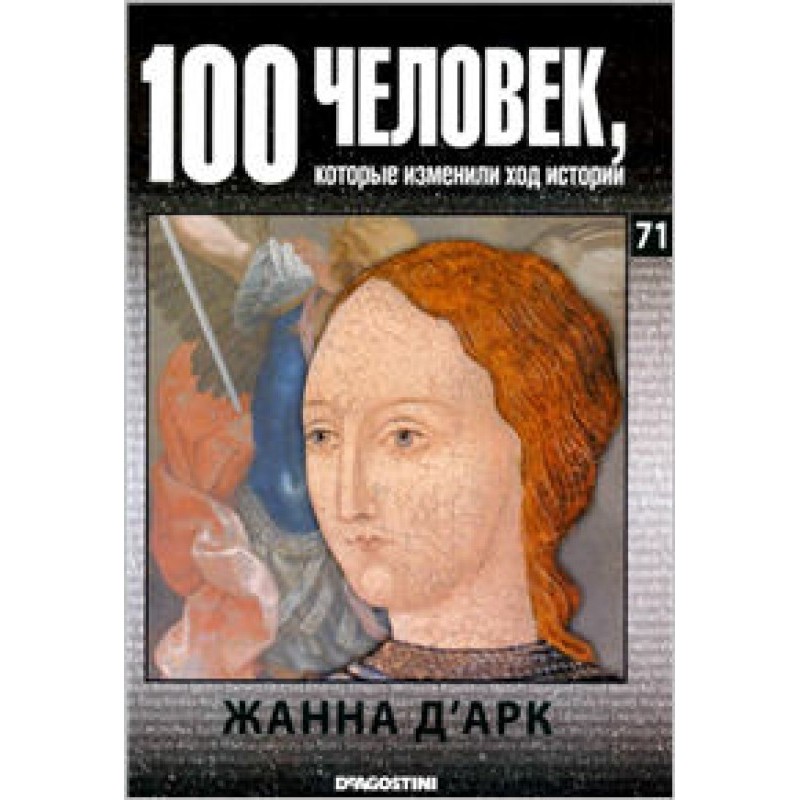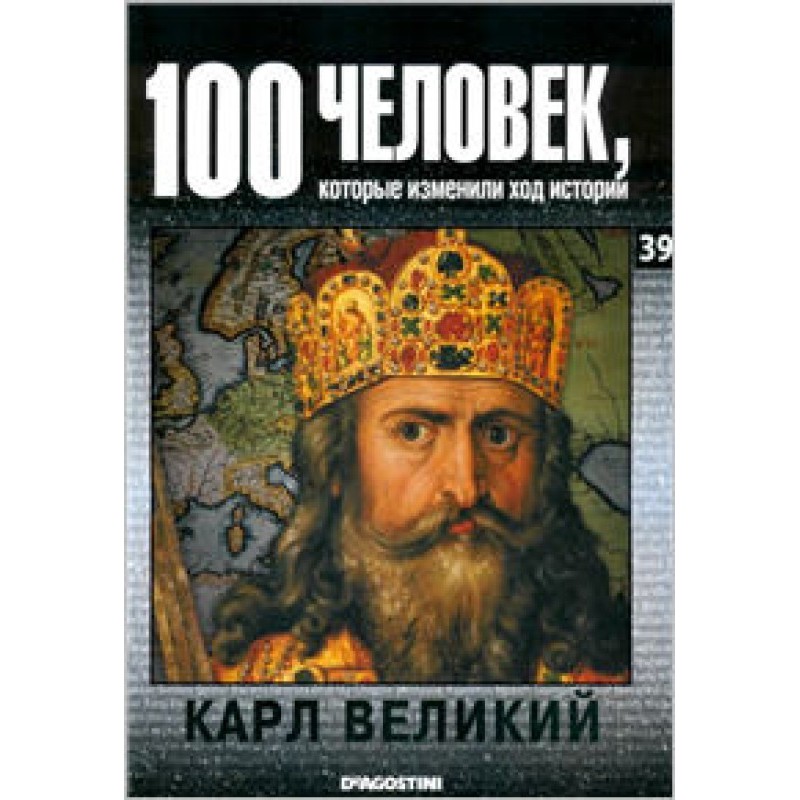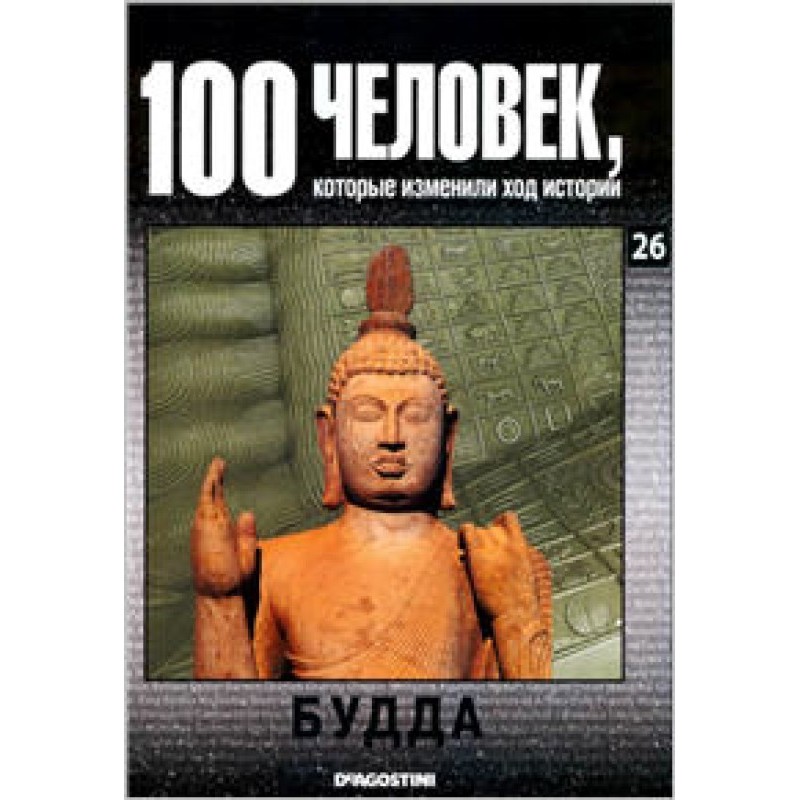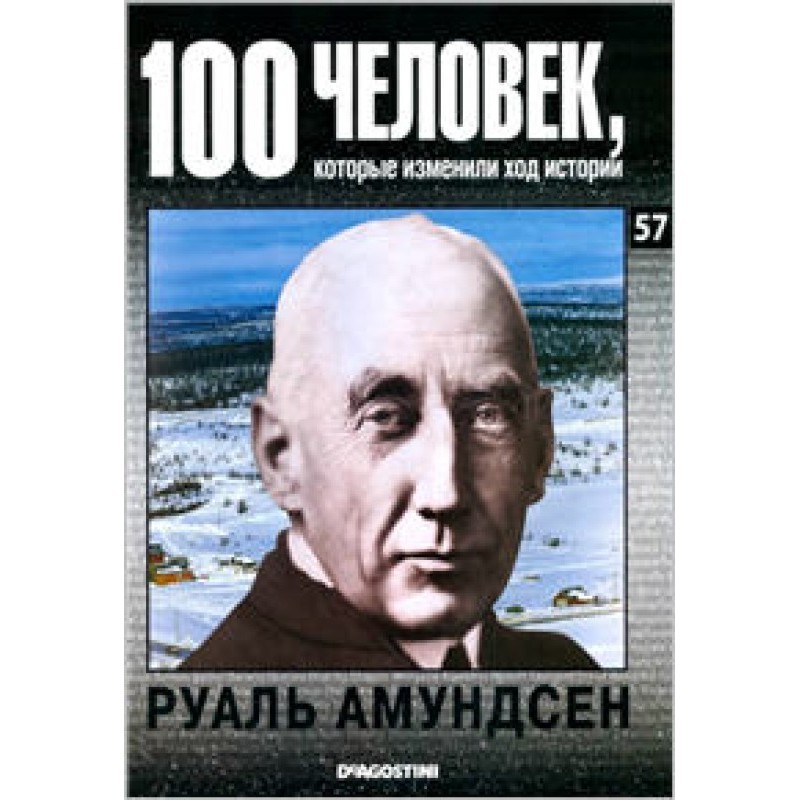Plato
 Instant download
Instant download
after payment (24/7)
 Wide range of formats
Wide range of formats
(for all gadgets)
 Full book
Full book
(including for Apple and Android)
As in the case of other ancient philosophers, information about the life of Plato (427-347 BC) has reached us in fragments. Most of what we know about Plato today was written down many years after the philosopher's death, with many of his admirers aiming to glorify Plato rather than tell the true story of his life. The real name of the philosopher is Aristocles. He received the nickname “Plato” in his youth for his dense physique (platos in Greek “breadth”). The future philosopher, intending to devote himself to literature, wrote lyrical poems and tragedies in his youth. However, later, having fallen under the influence of Socrates, he gave up this activity and burned all his works so that nothing would prevent him from completely immersing himself in the world of Socratic philosophical ideas. Socrates undoubtedly had the greatest impact influence on the development of Plato and his philosophical methods. In his first dialogue, “The Apology of Socrates,” Plato confirms that he is a faithful follower of this philosopher. For the time being, Socrates remained the central character of Plato’s Dialogues. In them, Plato interpreted his conversations with different people in his own way. Although Socrates remains the central character in the Dialogues of the mature period, the very way in which philosophical problems are presented changes. Most researchers are inclined to believe that Socrates is increasingly beginning to personify Plato himself: topics appear that the real Socrates simply could not discuss under the given circumstances. The dialogues of the mature period are considered the pinnacle of Plato's work. "Phaedo", "Republic", "Symposium" - all these works were written at a time when Plato was just began teaching classes at his Academy. A sharp contrast is observed in the way Plato characterizes Socrates. In the early Dialogues, Plato presents him as a man who only asks questions to the ignorant Athenians. Proving that his interlocutor knows nothing, he may not answer his own questions and not indicate the path to solving the problem under discussion. In the Dialogues of the Mature Period, Socrates turns into a person who has an answer to any question and acts as an adviser. He invites his fellow citizens to understand his wisdom instead of simply proving their ignorance. The provisions that Socrates formulates become more capacious than in the early Dialogues, as can be seen from the discussion of linguistic problems, the relationship between the real and imaginary worlds, the essence of knowledge and the true understanding of justice. In these Dialogues one of the key points of Platonism also arises and is constantly discussed - the doctrine of the idea. Plato's philosophical reflections on the subject created a new approach to determining how objects of the material world manifest themselves. Thus, Plato's philosophy tried to explain the origin of things in a new way. Plato's Dialogues of the mature period also raised questions about immortality, morality, art, and love. His ideas entered the treasury of philosophical thought and, surviving eras of oblivion and revival, became the basis of a powerful movement in idealism. Many of Plato's predecessors, including Socrates and Pythagoras, did not leave a single line behind them. We can judge the works of other pre-Socratic philosophers only by their retelling or from random quotes, preserved in later texts. The fact that over the centuries the collected works of Plato have been almost completely preserved and have survived to this day is a unique case. The enormous significance of Plato’s writings also lies in the fact that they provide a unique opportunity to look into the world of ancient Greek civilization, which had a huge influence on the formation of European culture.
Data sheet
- Name of the Author
- Анастасия Жаркова Евгеньевна
- Language
- Russian
Reviews
Неперевершений путівник у світ філософії
Книга про Платона - це не просто біографія великого філософа, а справжній путівник у світ античної філософії та її впливу на сучасність. Автор майстерно розкриває не лише життя Платона, але й контекст його ідей, що робить читання неймовірно захопливим. Відзначаючи вплив Сократа на формування Платона як мислителя, книга підкреслює важливість діалогів, які стали основою для філософських роздумів про мораль, справедливість та природу реальності. Особливо вражає, як автор демонструє еволюцію образу Сократа в творах Платона - від простого запитувача до мудреця, який пропонує рішення. Ця книга не лише інформує, а й спонукає до роздумів, закликаючи читача зануритися у філософські питання, які залишаються актуальними й сьогодні. Рекомендую всім, хто хоче зрозуміти основи західної філософії та її коріння в античності!


























